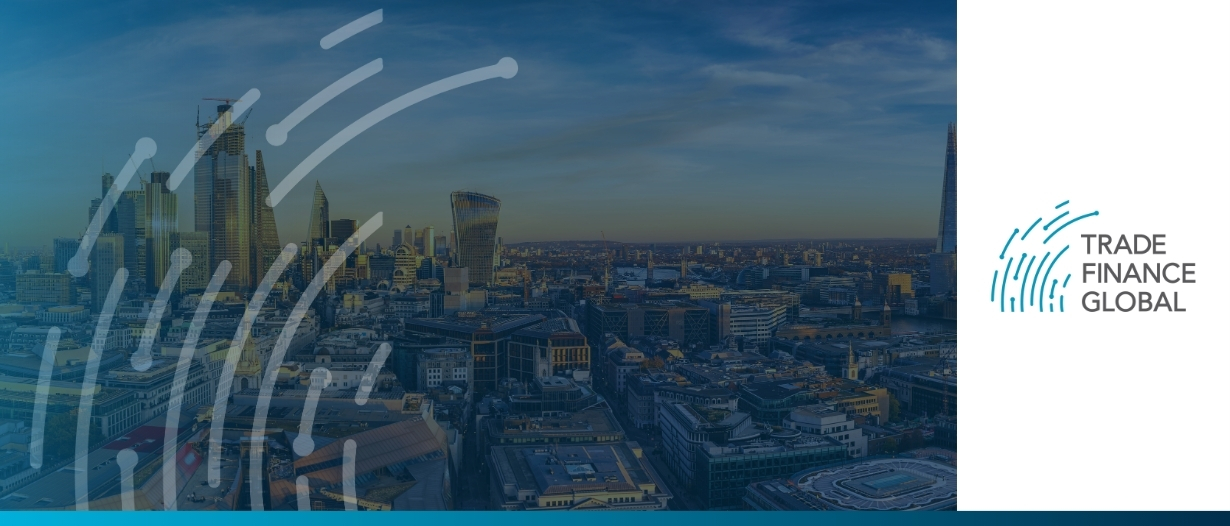Farida Nabourema calls on Ghana, ECOWAS to condemn 'repressive Togolese regime'
Farida Bemba Nabourema, prominent Togolese human rights activist
Farida Bemba Nabourema, a prominent Togolese human rights activist and Executive Director of the Katutu Civil Rights Center, has issued a passionate appeal to the Ghanaian government under the leadership of President John Dramani Mahama to take a firm stance against the ongoing alleged human rights violations in Togo.
According to her, President Faure Gnassingbé’s government is violently suppressing dissent.
The activist is urging Ghana—long regarded as a beacon of democracy in Africa—to demonstrate leadership by speaking out against the repression in Togo and leveraging its influence within the Economic Community of West African States (ECOWAS) to demand accountability.
Togo has witnessed a sharp escalation in violence in recent weeks. Between June 26 and 28, 2025, protests erupted across the country in response to constitutional amendments that effectively eliminate term limits, allowing President Gnassingbé—already in power for over two decades—to potentially rule indefinitely.
Security forces, reportedly acting on government orders, cracked down on demonstrators, leaving seven people dead, many injured, and hundreds detained.
Internet access has been severely restricted, and the government is accused of targeting opposition figures and activists for arrest or extradition.
Speaking during a press conference on July 10, 2025, Farida Nabourema condemned what she described as the “inhumane treatment of civilians” and called on Ghana to intervene diplomatically before the situation further destabilizes the region.
She warned that continued violence could trigger a refugee crisis that would directly affect Ghana.
Farida highlighted the deep cultural and historical ties between the people of Ghana and Togo, emphasizing that the fate of one nation inevitably affects the other.
“We share everything—culture, history, traditions,” she said.
“We are technically the same people separated by colonial borders. What happens in Togo has a direct impact on Ghana.”
She recounted past incidents in which Togolese soldiers reportedly crossed into Ghanaian territory to arrest political dissidents—violations of international law that she fears could recur if the crisis is not addressed. Farida urged the Ghanaian government not to remain silent, warning that indifference would only embolden authoritarianism in the sub-region.
In her impassioned statement, Farida also criticized ECOWAS for what she sees as its selective interventions, accusing the regional bloc of speaking out only in cases of military coups while remaining silent on ongoing civilian repression.
“ECOWAS must stop being selective. Democracy is not just about preventing coups; it’s also about protecting citizens from state violence,” she argued.
“Ghana, as one of the strongest democracies in West Africa, has a responsibility to lead this call.”
She urged ECOWAS to take consistent, principled action against human rights abuses in the region, regardless of whether they stem from military or civilian regimes.
The latest wave of protests in Togo was sparked by the arrest of Aamron, a popular Togolese artist known for his outspoken criticism of the regime.
On May 26, 2025, security forces detained Aamron, later declaring him mentally unfit and transferring him to a psychiatric hospital.
However, leaked images and testimonies revealed that Aamron had been subjected to severe torture, sparking outrage both in Togo and among the Togolese diaspora.
Citizens across the country, driven by grief and anger, organized spontaneous demonstrations demanding justice for Aamron and an end to President Gnassingbé’s rule.
Protests reached a peak on June 6—ironically the President’s birthday—with demonstrators in Lomé, Sokodé, Kara, Atakpamé, and beyond calling for political change under banners reading “Justice for Aamron,” “No to the Constitutional Coup,” and “Faure Must Go.”
What made these protests distinctive was their organic, leaderless nature. Without formal political party backing, civil society groups, students, artists, and ordinary citizens mobilized through encrypted messaging apps, creating a decentralized movement reminiscent of previous protests but with broader reach and resilience.
AM/KA
GhanaWeb Special: The gold market that fuels galamsey
You may also like...
Diddy's Legal Troubles & Racketeering Trial

Music mogul Sean 'Diddy' Combs was acquitted of sex trafficking and racketeering charges but convicted on transportation...
Thomas Partey Faces Rape & Sexual Assault Charges

Former Arsenal midfielder Thomas Partey has been formally charged with multiple counts of rape and sexual assault by UK ...
Nigeria Universities Changes Admission Policies

JAMB has clarified its admission policies, rectifying a student's status, reiterating the necessity of its Central Admis...
Ghana's Economic Reforms & Gold Sector Initiatives

Ghana is undertaking a comprehensive economic overhaul with President John Dramani Mahama's 24-Hour Economy and Accelera...
WAFCON 2024 African Women's Football Tournament

The 2024 Women's Africa Cup of Nations opened with thrilling matches, seeing Nigeria's Super Falcons secure a dominant 3...
Emergence & Dynamics of Nigeria's ADC Coalition

A new opposition coalition, led by the African Democratic Congress (ADC), is emerging to challenge President Bola Ahmed ...
Demise of Olubadan of Ibadanland
Oba Owolabi Olakulehin, the 43rd Olubadan of Ibadanland, has died at 90, concluding a life of distinguished service in t...
Death of Nigerian Goalkeeping Legend Peter Rufai

Nigerian football mourns the death of legendary Super Eagles goalkeeper Peter Rufai, who passed away at 61. Known as 'Do...


